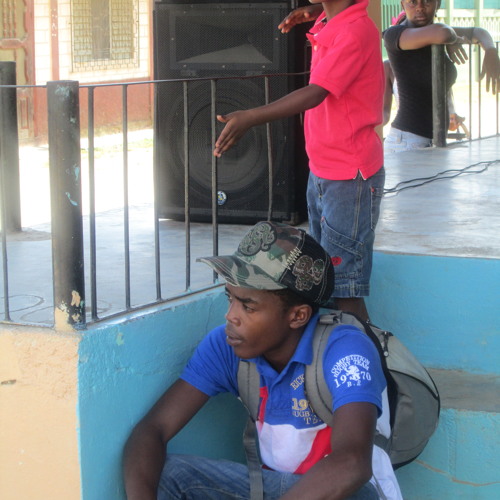
While the community as a whole never relinquished their ties to the animistic and shamanistic aspects of their own African rites and religion, Catholicism and its inherent values were especially woven into daily life by the women of the community. Since Honduras was under Spanish rule at the time the Garifuna landed in Roatan, the Garifuna adopted the Catholic religion and made Spanish their second language. Map: Courtesy of Garifuna Heritage Foundation.

Though they would eventually spread out in small groups to other places along the coast of Guatemala, Nicaragua, and Belize, the majority of Garifuna made the island of Roatan their home. Vincent, but by 1797, the British felt they had tolerated enough Garifuna resistance and forcefully banished close to 3,000 Garifuna men, women, and children to the island of Roatan, directly north of mainland Honduras.

Originally, the Garifuna defeated the British in St. Vincent fishing, hunting, gathering, trading, and raising families, the Garifuna continued to struggle against the British colonial authorities, and unlike their purely indigenous brethren-Arawaks and Caribs-that were gradually decimated by the ravages of warfare and disease, the resilient Garifuna managed to survive. Surviving being uprooted and relocated but never enslaved, these distinct people generated a proliferation of enduring cultural traditions. What emerged is a fusion of the African with the indigenous peoples who later became known as Garifuna. To survive in a new environment, the Africans comingled and intermarried with native Arawaks and Caribs, adopted much of their diet, traditions, customs, and livelihood, and they even blended their indigenous language into their own African vernacular resulting in a new dialect composed of Bantu and Swahili combined with Arawak and a smattering of French.

History and oral testimony claim that while on board a slave ship and witnessing the misery endured by fellow passengers, this particular group of Africans revolted and the vessel wrecked off the coast of St. Women sing and play the maracas during the Garifuna Mass.


 0 kommentar(er)
0 kommentar(er)
